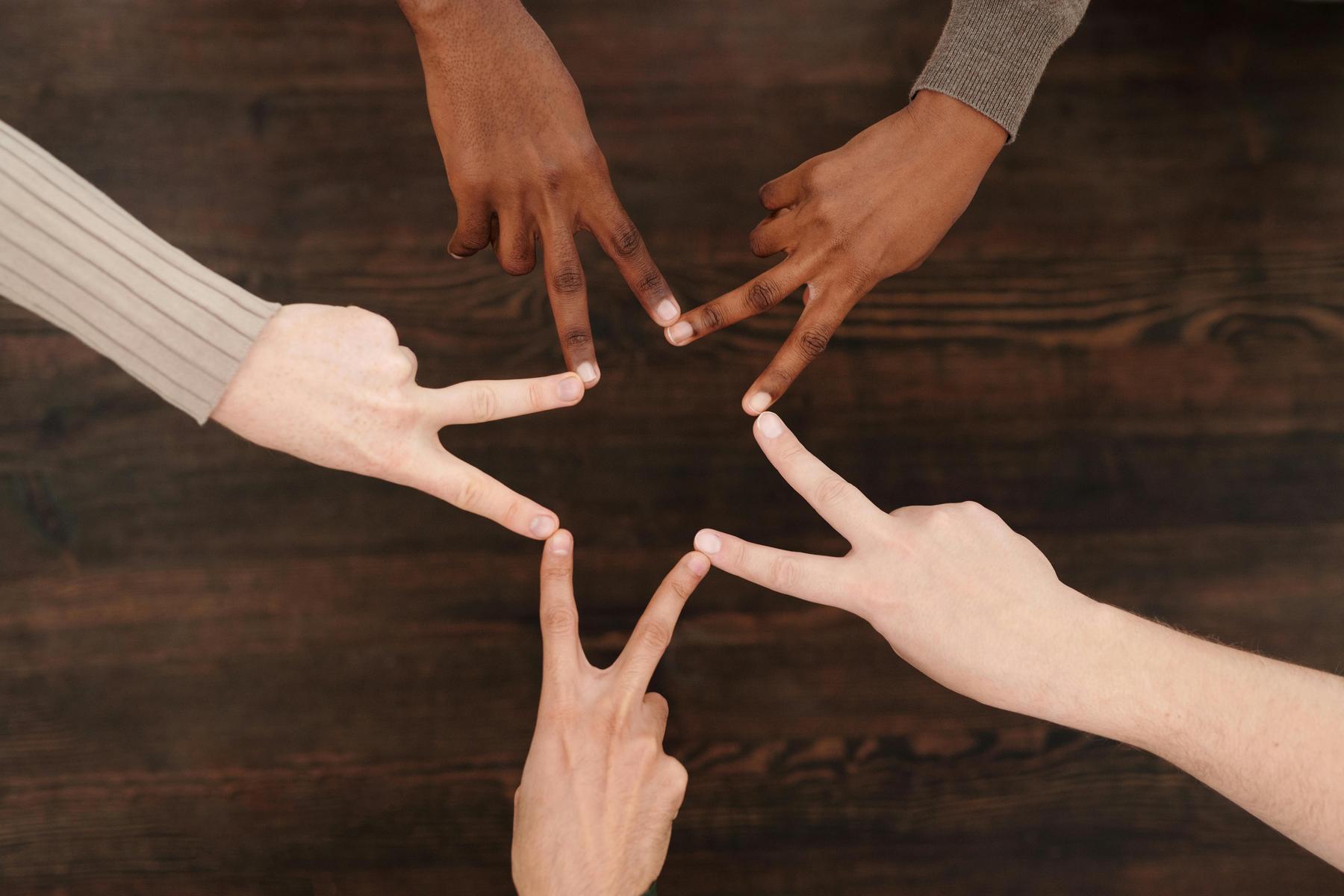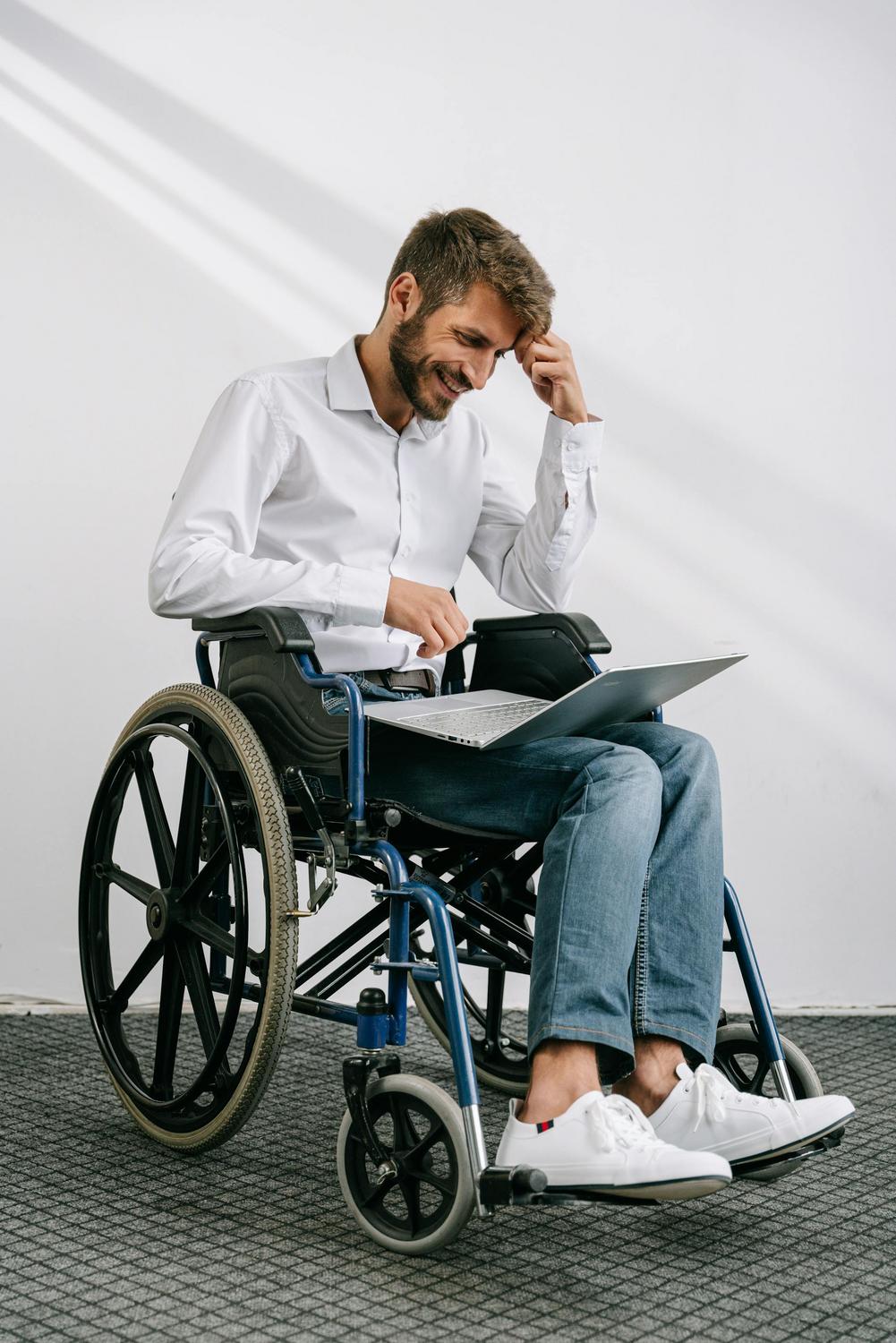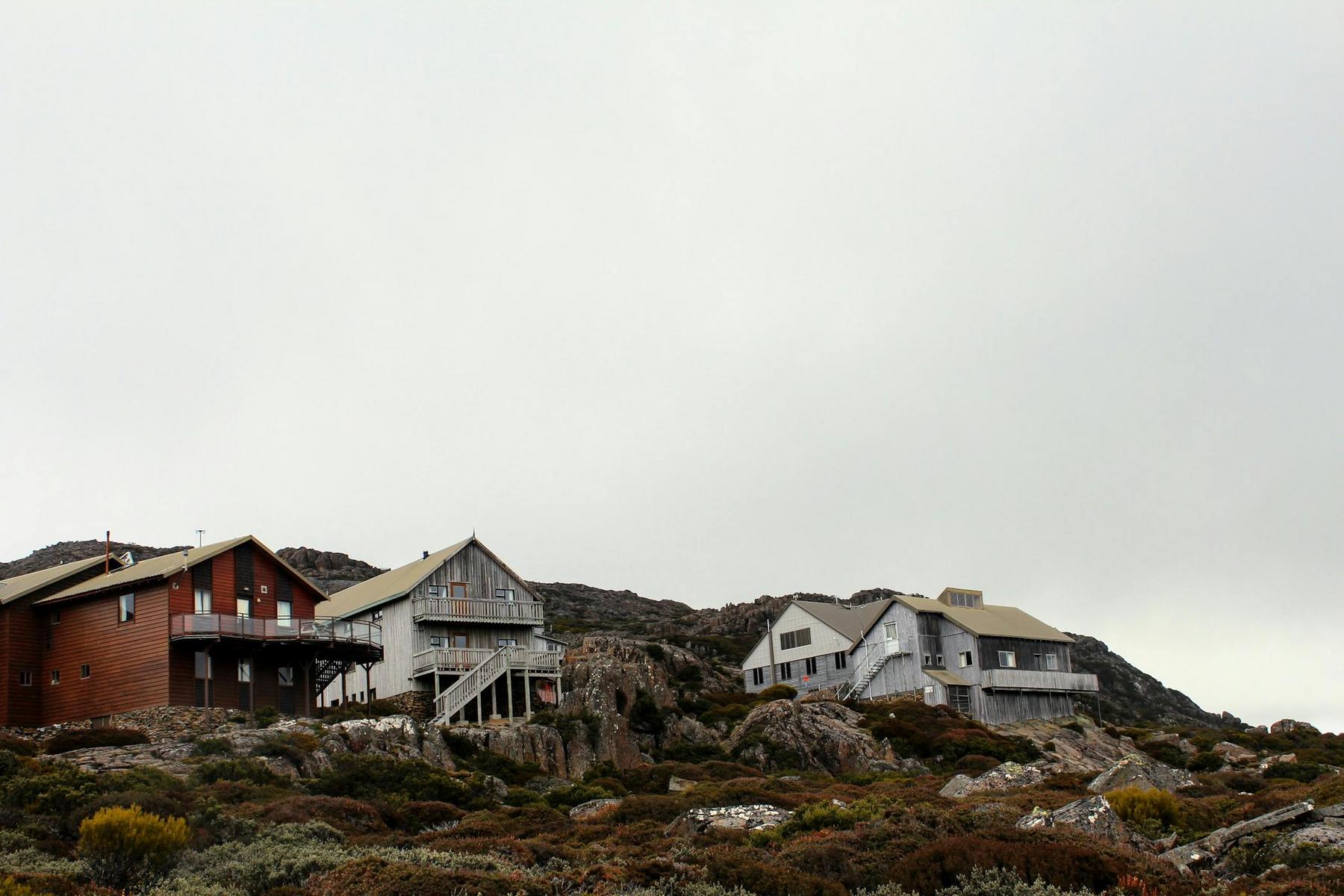The journey of living with a disability or supporting a loved one with a disability can feel overwhelming, particularly when you’re unsure where to turn for help. In Cairns, many individuals and families find themselves navigating a complex landscape of services, relationships, and resources, often feeling isolated despite the abundance of available support. The challenge isn’t just finding help—it’s understanding how to weave together the various threads of formal services, family relationships, friendships, and community connections into a cohesive network that truly enhances quality of life.
Building your support network requires more than simply collecting contact details for service providers. It’s about creating an interconnected web of relationships and resources that can adapt to changing needs, celebrate achievements, and provide stability during challenging times. In Cairns, this integration of family, friends, and providers takes on unique characteristics, shaped by the city’s multicultural community, accessible infrastructure, and comprehensive disability services landscape.
What Are the Essential Components of a Disability Support Network?
Building your support network begins with understanding the distinct yet complementary roles of formal and informal supports. Formal supports encompass professional services funded through mechanisms like the National Disability Insurance Scheme (NDIS), including personal care, therapeutic interventions, and supported independent living. These services form the structured foundation of care, delivered by registered providers who bring specialised expertise and resources.
Informal supports represent the unpaid assistance from family, friends, and community networks. This might involve emotional encouragement, transportation assistance, help with household tasks, or simply being present during difficult moments. The NDIS explicitly recognises the value of informal supports when developing individualised plans, ensuring that formal providers complement rather than replace these vital relationships.
In Cairns, the integration of these components is facilitated by over 80 general disability services and specialised programs like the Multicultural Peer Network (MPN). This creates a unique ecosystem where professional expertise from organisations like Advanced Disability Management works alongside community-driven initiatives and family support systems.
The key to successful integration lies in understanding how each component serves different needs. While formal providers deliver specialised interventions and comply with regulatory requirements, informal supports offer flexibility, cultural understanding, and emotional continuity that professional services cannot replicate.
How Can You Access Local Support Services in Cairns?
Cairns offers a comprehensive directory of disability services managed by the Cairns Disability Network (CDN), which includes providers offering everything from respite care to employment assistance. Organisations like CPL (Community Participation Learning) provide structured programs that blend recreational activities—such as woodworking and gardening—with capacity-building initiatives to foster independence.
For individuals ineligible for the NDIS, the Queensland Community Support Scheme (QCSS) funds low-intensity supports like meal preparation and community outings, ensuring no one is excluded from basic assistance. This creates multiple pathways for building your support network, regardless of funding eligibility.
The city’s infrastructure actively supports network building through accessibility features. With more than 500 kilometres of shared pathways and 250 braille and tactile street signs in the CBD, Cairns enables individuals with disabilities to navigate public spaces independently, reducing reliance on paid supports while encouraging community engagement.
| Support Category | Formal Providers | Informal Networks | Government Programs |
|---|---|---|---|
| Daily Personal Care | NDIS registered providers | Family members, close friends | NDIS funding, QCSS |
| Transportation | Professional transport services | Friends, family vehicles | NDIS transport allowances |
| Social Connection | Structured programs (CPL) | Friend circles, peer groups | MPN, community grants |
| Advocacy | Professional advocates | Family advocates | NDIS Local Area Coordinators |
| Emergency Support | 24-hour services | Family emergency contacts | Crisis support services |
Digital platforms have become indispensable for connecting with broader networks. The MPN utilises Facebook and Discord to host virtual support groups, allowing participants to share experiences and resources without geographical constraints. The Skills Disability Support (SDS) program offers assistive technologies—such as screen readers and voice recognition software—at no cost to NDIS participants, ensuring equitable access to online communities.
Why Are Family and Friends Crucial to Your Support Network?
Family and friends provide irreplaceable emotional stability and practical assistance that formal services cannot duplicate. When building your support network, recognising these relationships as foundational elements ensures a more resilient and responsive system of care. A parent helping with daily routines or a friend offering transportation to medical appointments significantly reduces reliance on formal services while maintaining personal connections.
However, the National Disability Insurance Agency cautions against over-reliance on informal supports, as unpaid caregivers may face physical and emotional strain. Respite care programs—such as short-term accommodation or community engagement activities—are essential for maintaining these relationships sustainably. This balance ensures that building your support network doesn’t inadvertently burden those closest to you.
Families often act as advocates within complex systems like the NDIS. During planning meetings, they contribute insights into preferences and history, ensuring that funded services align with long-term goals. Advanced Disability Management emphasises collaborative goal-setting with families, particularly for clients requiring 24-hour residential care or specialised therapies. This partnership model not only enhances care quality but also empowers families to navigate bureaucratic challenges effectively.
The cultural diversity of Cairns adds another dimension to family involvement. The MPN demonstrates how peer-led groups can bridge gaps for multicultural communities by offering forums in multiple languages and aligning activities with cultural practices, improving access to disability resources for non-English-speaking families.
How Do You Integrate Professional Providers into Your Support System?
Successfully building your support network requires strategic integration of professional providers who can deliver specialised interventions while working collaboratively with existing informal supports. The NDIS application process in Cairns begins with an access request form, followed by collaboration with a Local Area Coordinator (LAC) from organisations like Mission Australia, who help families draft individualised plans specifying funded supports.
Professional providers like Advanced Disability Management offer high-intensity services, including daily personal activities and behaviour support, which require rigorous staff training and NDIS compliance. These services complement community-based initiatives, such as CPL’s creative programs that build social skills through art and music. By integrating these offerings, individuals receive holistic care addressing both functional limitations and emotional wellbeing.
The key to successful integration lies in clear communication and shared goal-setting. When building your support network, ensure that professional providers understand the roles of family members and friends, avoiding duplication while maximising the strengths of each component. Regular team meetings, including both formal and informal supports, create opportunities for coordination and adjustment as needs evolve.
Advanced Disability Management’s approach exemplifies this integration, offering personalised support that considers the broader network context. Their services in supported independent living, personal care, and life skills development are designed to enhance rather than replace existing relationships, ensuring that professional intervention strengthens the overall support system.
What Role Do Peer Support Networks Play in Building Community?
Peer support groups provide validation and practical advice that professionals cannot replicate, making them essential components when building your support network. The MPN facilitates connections between individuals who share similar challenges, with participants reporting increased self-esteem and reduced isolation. The NDIS’s recent $40 million investment in peer-led programs underscores their efficacy, particularly for marginalised groups like multicultural communities.
These networks offer unique benefits through shared experiences. When building your support network, peer connections provide understanding that comes from lived experience rather than professional training. Participants learn practical strategies from others who have faced similar challenges, while also offering their own insights and support.
Structured social activities foster authentic relationships beyond formal support arrangements. The Friendship Foundation pairs neurodivergent and neurotypical peers for outings, helping individuals practise social skills in low-pressure environments. In Cairns, CPL organises group excursions to local attractions like the Cairns Esplanade, encouraging participants to build friendships while exploring their community.
Digital platforms extend peer networks beyond geographical limitations. Virtual support groups through platforms like Discord allow continuous connection and resource sharing, particularly valuable for individuals with mobility limitations or those in remote areas. This technological integration ensures that building your support network can occur regardless of physical barriers.
How Can Government Programs Strengthen Your Support Network?
Government initiatives provide the financial and structural frameworks that make building your support network viable and sustainable. The NDIS and Queensland Community Support Scheme (QCSS) offer complementary funding streams ensuring comprehensive coverage across different needs and eligibility criteria.
The NDIS’s emphasis on “reasonable and necessary” funding ensures that formal services complement rather than duplicate informal efforts, optimising resource allocation. This approach recognises that building your support network requires balance between professional services and existing relationships, preventing over-servicing while ensuring adequate support.
Partnerships between non-government organisations, government agencies, and private providers create seamless care pathways. In Cairns, Mission Australia’s NDIS Local Area Coordination service works alongside Advanced Disability Management and CPL to ensure coordinated service delivery. These collaborations strengthen the overall network by reducing gaps and preventing duplication.
Carer Gateway offers counselling and respite care to prevent caregiver burnout, recognising that sustainable networks require support for supporters. This program acknowledges that building your support network must include provisions for maintaining the wellbeing of informal carers, ensuring long-term viability of family and friend involvement.
The $40 million government investment in peer support programs demonstrates commitment to community-led initiatives, recognising their unique value in building resilient support networks. This funding enables expansion of programs like the MPN, ensuring culturally responsive support for diverse communities.
Creating Sustainable Integration in Your Support Network
Building your support network in Cairns requires strategic coordination of formal services, informal relationships, and community resources. The city’s unique ecosystem—featuring accessible infrastructure, diverse service providers, and culturally responsive programs—creates exceptional opportunities for integration. Success depends on understanding how each component contributes distinct value while working collaboratively towards shared goals.
The NDIS provides robust funding foundations for personalised care, while local organisations like the CDN and MPN ensure culturally appropriate support options. Families and friends remain indispensable, offering emotional stability and advocacy, but their contributions must be sustained through respite programs and collaborative planning processes.
Future network development should prioritise expanding peer-led models and enhancing digital accessibility, empowering individuals to build connections that transcend traditional service boundaries. By leveraging Cairns’ comprehensive resources—from its accessible pathways to its multicultural support programs—individuals can create networks that truly enhance independence and quality of life.
The integration of family, friends, and providers isn’t just about accessing services; it’s about creating a supportive community that celebrates achievements, navigates challenges together, and adapts to changing needs over time. In Cairns, this vision becomes achievable through strategic planning, open communication, and commitment to collaborative care approaches.
How do I start building a support network if I’m new to Cairns or recently diagnosed?
Begin by contacting the Cairns Disability Network (CDN) for comprehensive service mapping, then connect with a Local Area Coordinator through Mission Australia if you’re NDIS-eligible. The Multicultural Peer Network offers culturally appropriate introductions to local resources, while organisations like CPL provide structured social opportunities to build initial connections.
Can family members be paid to provide support through the NDIS?
Yes, family members can sometimes be employed as support workers under specific circumstances, though the NDIS generally prefers maintaining informal family relationships while funding professional services. Discuss your situation with your Local Area Coordinator to explore options that best support your family dynamics while meeting care needs.
What support is available if I don’t qualify for the NDIS?
The Queensland Community Support Scheme (QCSS) funds essential services like personal care and community participation for those ineligible for NDIS, while community organisations like CPL offer programs accessible regardless of funding status. Peer networks also provide free social connection opportunities.
How can I prevent caregiver burnout while building our family support network?
Utilise respite services funded through the NDIS or QCSS, connect with Carer Gateway for counselling and support, and ensure responsibilities are shared across your network rather than concentrated on one person. Regular family meetings can help redistribute tasks and address emerging support needs.
What role should peer support play in my overall support network?
Peer support provides unique validation and practical advice from shared experiences, complementing professional services and family support. In Cairns, programs like the MPN offer culturally appropriate peer connections, while digital platforms enable continuous relationship building despite physical or geographical challenges.



